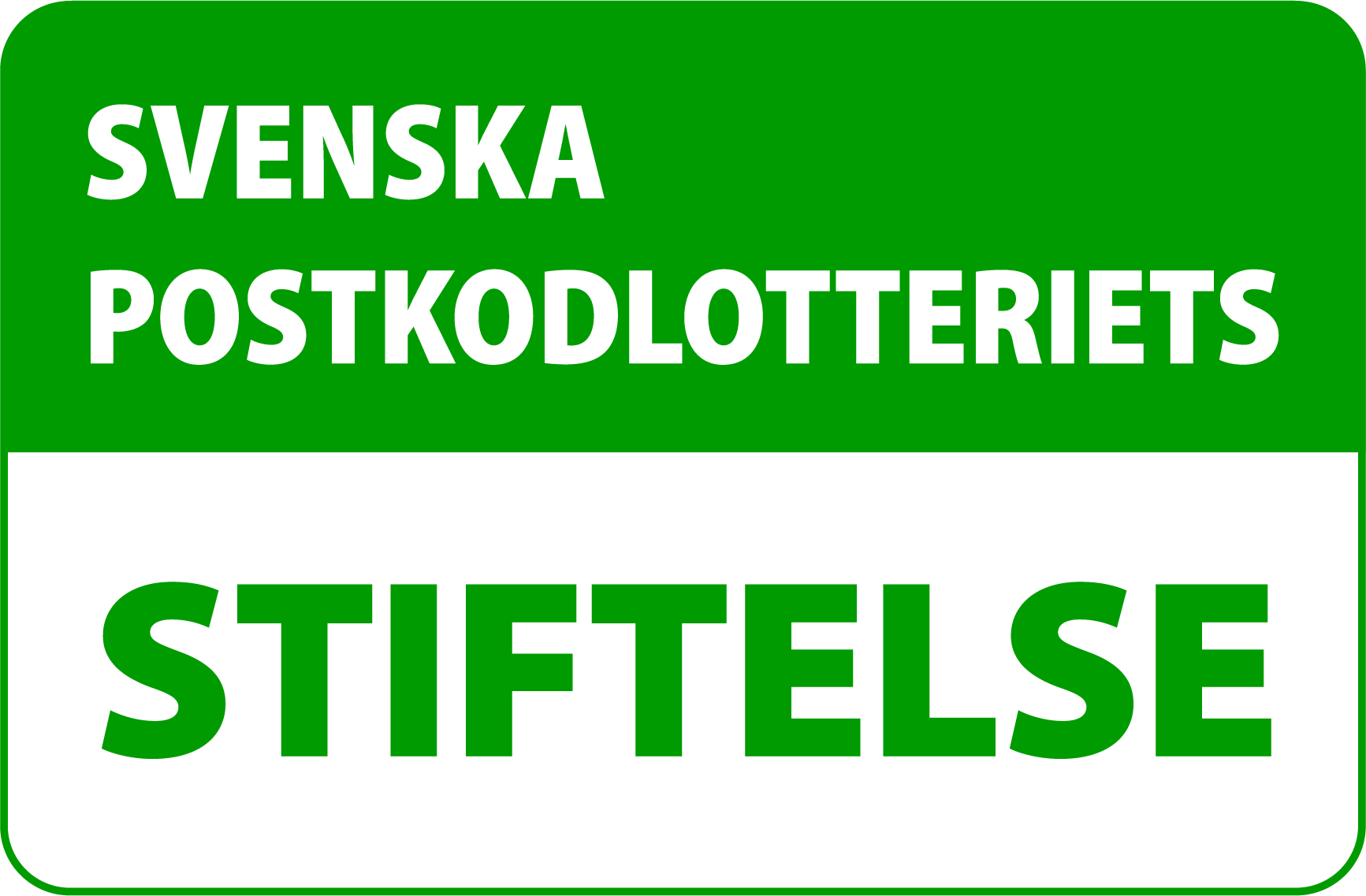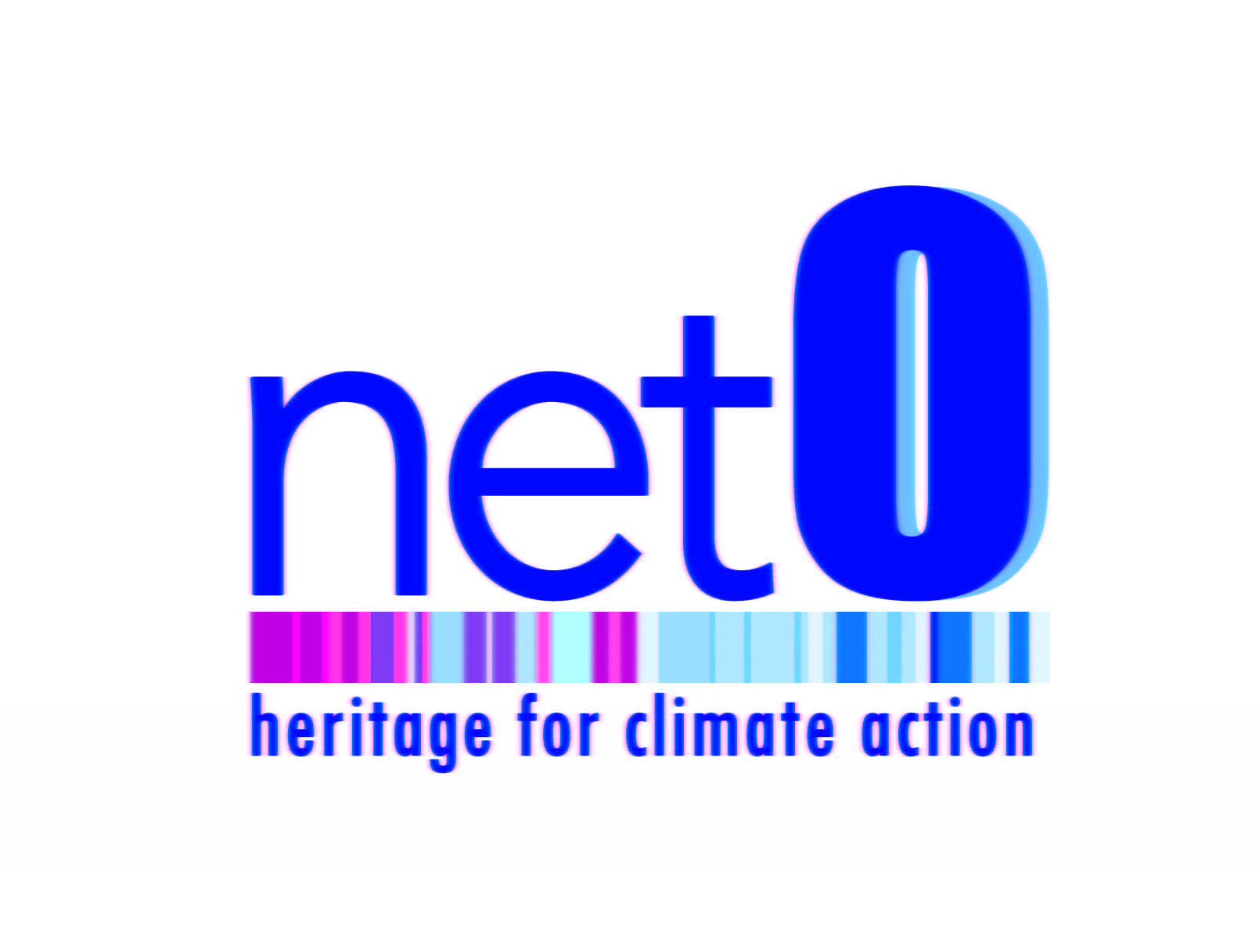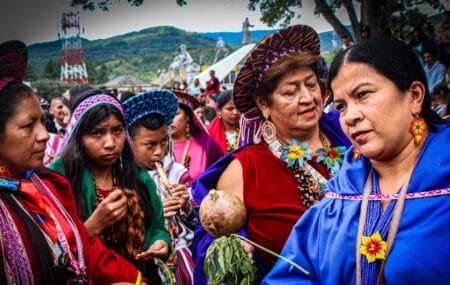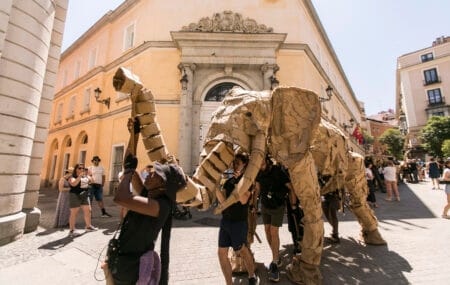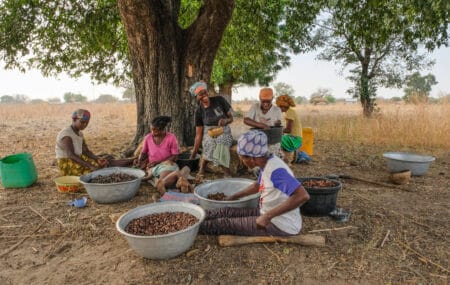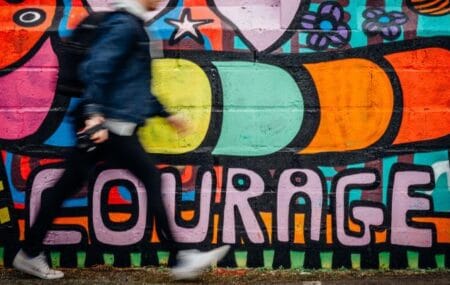Net Zero: Heritage for Climate Action
Climate change is one of the greatest challenges of our time, threatening species, ecosystems and communities. Climate change is also one of the main threats to cultural heritage. But cultural heritage can also be a strong tool in climate work, both in terms of mitigation and adaptation. Studies have shown that sites classified as World Heritage sites often hold some of the most resilient ecosystems. These have been preserved throughout the ages thanks to collective knowledge and traditional customs – developed in close relationship between man and earth. There is potential in these areas that could be harnessed in climate work, but there is a lack of knowledge about both the potential of cultural heritage and the risk that climate change poses to cultural heritage.
In this project ICCROM seeks on-the-ground implementation of heritage-based mitigation and adaptation strategies to reduce the impacts of climate change for people and heritage.
The project is supported with SEK 3 190 000.
What does the project deliver?
The project is a multi-level capacity development project. The field experience will feed into an international training for change agents and community leaders. A final international symposium and publication will act as catalysts to inform policy and expand the project’s outreach by sharing the know-how on heritage for climate action in 25-30 countries suffering from acute environmental stresses. The goal of this closing activity will be to involve key UN agencies, as well as heritage and climate science decision-makers to accelerate heritage-based climate action and advance the goal of Net Zero emissions.
Why do we support this project?
Net Zero is rooted in the idea that every place has a ‘climate story’ embedded in its cultural heritage, i.e., the records of how humans coped with climate variability, adapted lifeways and sustained natural resources. This cultural record supplements the existing scientific data and is the missing link in the effective risk management of climate change.
Project time status
100%
This project started in January 2022 and ended in December 2023
For more information: https://www.iccrom.org/
